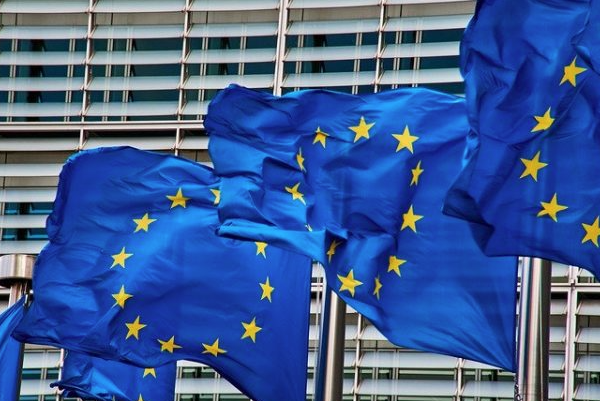
Interview with Anne Connelly: Using Bitcoin and Blockchain for fundraising
January 13, 2021
Looking into the crystal ball: Fundraising in 2021
January 13, 2021As Portugal picks up the EU Presidency, our public affairs columnist, Patrick Gibbels, looks at what lies ahead from this year’s work programme and its emphasis on socio-economic recovery and resilience.
On December 31, many of us around the globe were happy to turn the page on 2020. Last year has been challenging to say the very least and of course we all hope for a brighter new year. However, in reality, apart from the 0 turning into a 1, not much has changed.
For the time being we still face the same challenges as we did last year, trying to keep our organisations afloat, fighting to mitigate the effects of the health crisis, so we can continue to serve those most in need. Below we set out what to expect from the EU under the Portuguese Presidency.
In the November issue of Fundraising Europe we outlined what the European Commission’s Work Programme means for civil society. Amongst other proposals, the Commission tabled plans for A European Pillar of Social Rights, which includes an action plan towards socio-economic recovery and resilience in the medium and long term, and an action plan for a social economy, aiming to enhance social investment and to support social economy actors. This social approach is also adopted by the Portuguese Council Presidency.
On 1 January, Portugal took over the Presidency of the EU for the coming six months and presented their priorities. Portugal reiterated the focus on solidarity, convergence, and cohesion and set out a number of key action lines. Amongst these action lines is Resilient Europe, which aims to promote Europe’s recovery, cohesion and values. The Presidency wants to start the execution of the Multiannual Financial Framework and the EU Next Generation Instrument as well as the Recovery and Resilience Facility. Besides these funding instruments, the Portuguese will also focus on a number of policies that are relevant to charities, philanthropy, and NGOs.
In the Justice and Home affairs department, Portugal will focus on the implementation of the EU Action Plan on the prevention of Money Laundering and terrorist financing, which has been a stone in the shoe of the sector. The Economic and Financial Affairs department will aim to tackle a number of key issues as well, such as the fight against Tax Fraud, evasion and avoidance, and Fair and Simple Taxation. Under Social Europe, the Portuguese aim to strengthen the EU’s social model, focusing on a response to the social consequences of the pandemic. The implementation of the European Pillar of Social Rights will be given political impetus at the Porto Social Summit which will be organised in May of this year.
We welcome the stronger social focus of the Portuguese Presidency as, now more than ever, nonprofits need the best possible environment to protect and build philanthropy and to strengthen their roles in the recovery from the Pandemic. We will closely monitor any policy developments and will aim to identify potential supporting measures and opportunities at EU level. As the Portuguese Presidency starts work and the European Commission has begun the implementation of its Annual Work Programme, more tangible measures will become visible.

Patrick Gibbels, Gibbels Public Affairs
About Patrick Gibbels
Patrick is EFA’s public affairs columnist in Brussels. He is the director of Gibbels Public Affairs. Follow Patrick @GPA_Brussels.




